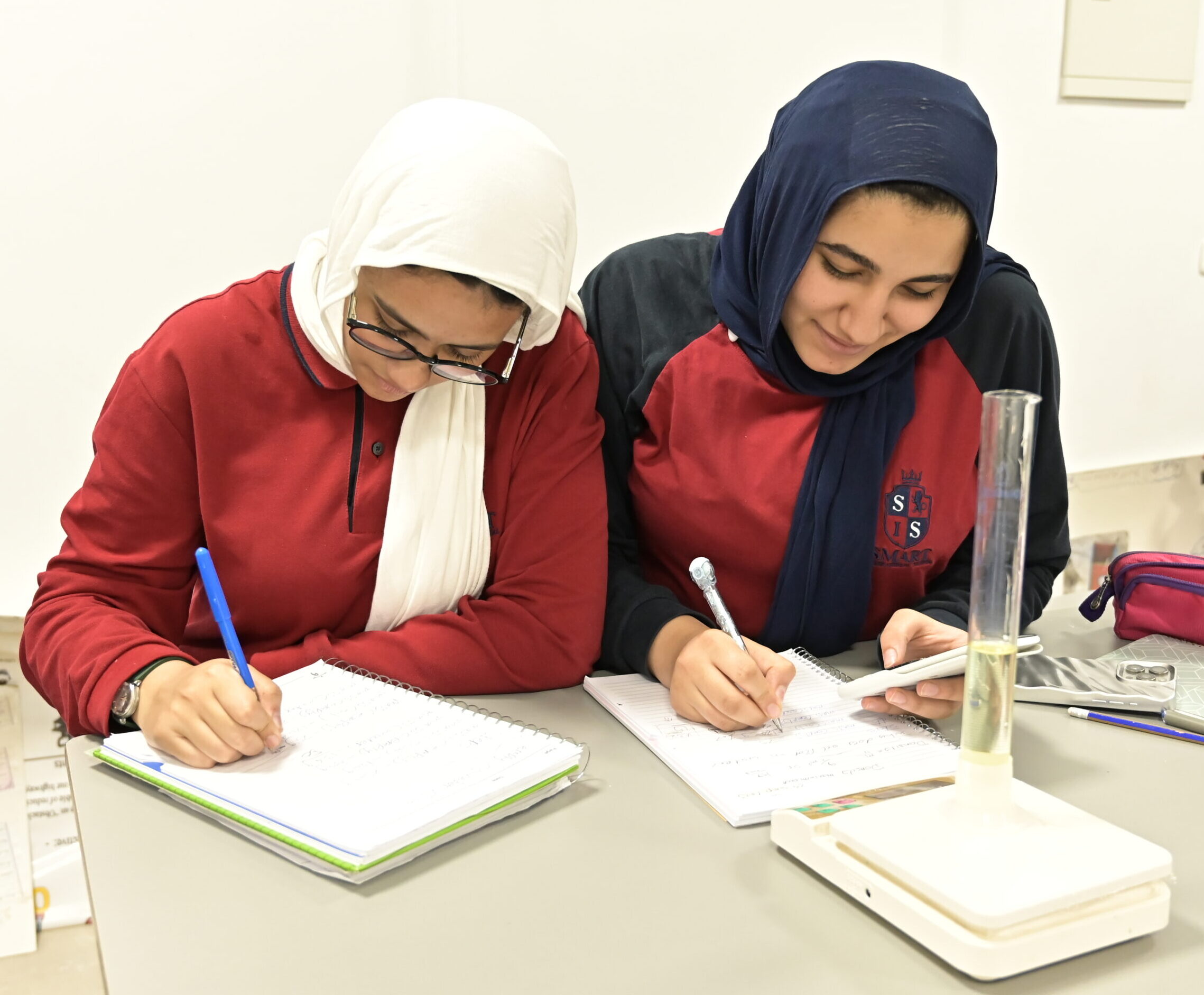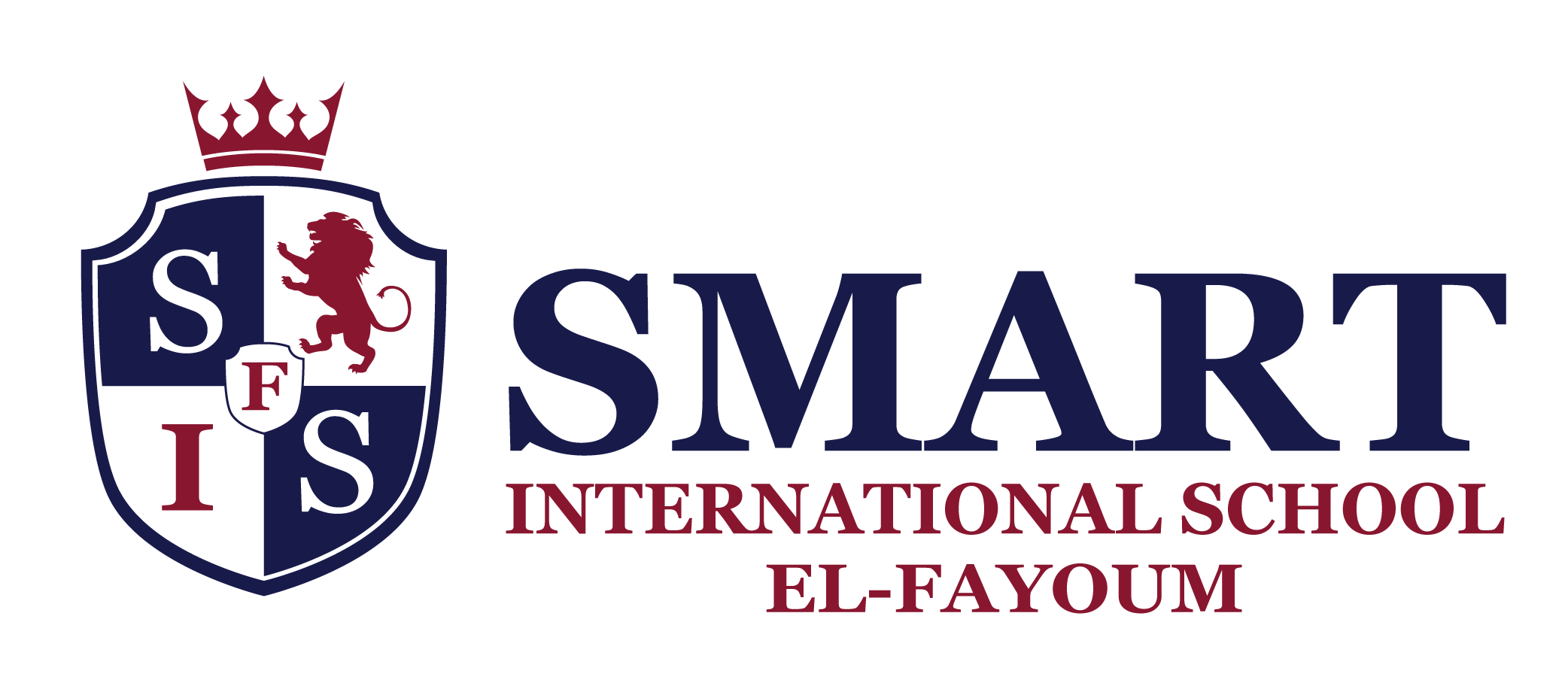
Curriculum – High School
At Smart International School, our High School programme is designed to prepare students for success at university and beyond. We place strong emphasis on developing advanced skills in research, critical thinking, effective communication, and collaboration, while encouraging active involvement in both the local and global community.
Information and Communication Technology (ICT) is fully integrated into our teaching and learning, empowering students to use technology creatively and responsibly as an essential tool for academic achievement and future career success.
Our goal is to ensure that every graduate leaves Smart International School as a confident, independent learner and responsible global citizen, ready to embrace the challenges and opportunities of the modern world.
English
Math
Physical Science
Ancient History
French / German
Algebra 1
English
English SAT Prep
ACT (American College Test Prep)
standardized test used for U.S. college admissions, similar to the SAT.
Sections:
English (grammar, punctuation, rhetoric)
Math (algebra, geometry, trigonometry, statistics)
Reading (comprehension, analysis)
Science (data interpretation, scientific reasoning)
Optional Writing (essay).
EST Prep
1. Egyptian Scholastic Test (EST)
This is the local alternative to the SAT in Egypt.
It was introduced after the SAT was canceled in Egypt in 2020.
Managed by the Egyptian Ministry of Education with cooperation from an international testing body.
It’s accepted by the Egyptian Ministry of Higher Education for applying to Egyptian universities (government & private).
Format: Similar to the SAT—mainly English and Math (with critical thinking skills).
Scores are reported to universities inside Egypt, not typically accepted abroad.
Algebra 2
Geometry
Biology
World History 1
French / German
Computer Science
In tenth grade Computer Science, emphasis is placed on building a solid foundation in computational thinking, understanding automated systems, and exploring modern technologies such as robotics, artificial intelligence, and machine learning. Students will learn how these technologies are applied in real-world scenarios and how they influence problem solving and decision-making.
Students will also be introduced to flowcharts and algorithms as tools for planning and visualizing solutions. They will study data validation and verification techniques to ensure accuracy and reliability in computing processes. The use of variables, constants, and basic data types will help them represent and manipulate data effectively.
The course will further explore arrays as a method of storing and managing collections of data. Students will gain an introduction to different types of databases and their applications in organizing and retrieving information.
English
Algebra 2
Chemistry
Pre-calculus
World History 2
French / German
Business
Description
Grade 12 Students:
- Students choose a number of subjects from grade 12, students must also take SAT 1 (obligatory) & SAT 2 (optional).
- The SAT 1 testes represent 60% of the total marks. School diploma represents the other 40%.
All students MUST pass SAT 1 to apply for any university. In order to apply for technical facilities i.e.: Pharmacy, Dentistry, Medicine, Engineering, etc.., students MUST sit for SAT 2.
- The student can sit for the test at the end of G 10 as practice but test scores are counted for the student starting G 11 & G 12. Best scores obtained are taken for universities of the student’s choice.
English
Pre-Calculus
Advanced Biology
Physics
Calculus
Economics
French / German
Art and Design
This course includes the following:
Drawing and Composition: An introduction to expressive drawing within a variety
of media such as pencil shading, oil pastel and pencil colors. Students also learn the
organization of structural relationships in two-dimensional space.
Painting: An introduction to the painting materials and techniques of the medium
along with various subjective problems involving form, color and composition.
Design: The study of the basic design studio problems are investigated – art forms
(such as zentangle, abstract, doodling and patterns), color, balance, pattern and
texture.
Life Drawing: Drawing and composition from the structure, proportions and
movement of the human model and expressive exercises in a variety of media.
Work on personal portfolio preparation, if desired. Additional focus will be on
figurative drawings, human body, anatomy art, and portraits in different media.
P.E
This elective physical education course provides students with the opportunity to
participate in physical activities for specific purposes. Options for offering specialized
movement courses can be configured by quarter, by semester, or on a full-year basis.
Students will select areas of concentration to study. Examples of possible choices are:
Dance
Basketball
Soccer
Volleyball
Through this course, students are required to do the following:
NAC COURSE GUIDE 2021-2022 37
Demonstrate mastery of movement skills and patterns that apply to the selected
specialized-movement activity.
Apply movement principles and concepts to skill performance of the selected
specialized-movement activity.
Achieve and maintain a health-enhancing level of physical fitness.
Accept responsibility for taking a leadership role as well as demonstrate the
ability to follow in order to accomplish group goals.
Participate regularly in health-enhancing physical activities that contribute to
personal enjoyment and the attainment and maintenance of their personal
physical activity goal.
